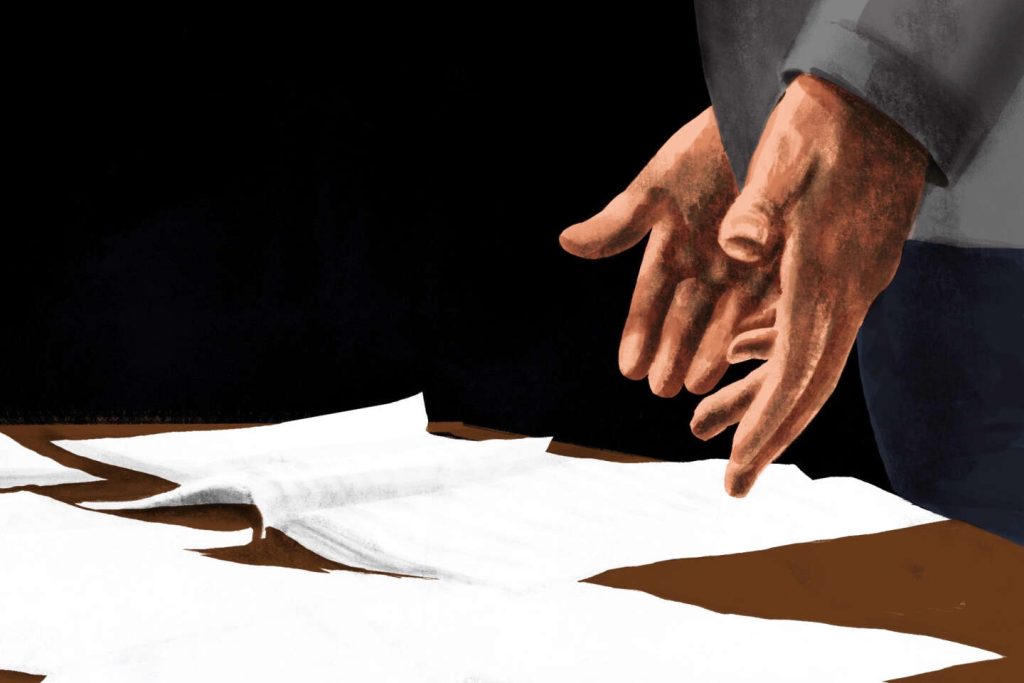The trial of two civil society activists from the Basque Country, Jean-Noël Etcheverry and Béatrice Molle, can be summarized in two ways. The defense argues that they should not be punished for taking a good action using illegal means, while the prosecution questions whether they inadvertently assisted the armed Basque separatist organization ETA by illegally disarming them in December 2016. The activists, self-described as “artisans of peace,” are accused of either playing into the hands of a decimated terrorist group by offering them a dignified way out, or making significant progress in the peace process by bypassing the law that prohibits the handling of weapons and explosives in large quantities to neutralize them. The discrepancies between law, justice, and morality were evident during the trial at the specialized terrorism court in Paris.
The National Anti-Terrorism Prosecutor’s Office has requested suspended prison sentences of two years and one year for Etcheverry and Molle, respectively, along with a five-year ban on possessing firearms but no inclusion in the terrorism offenders database. The prosecutor described these as lenient punishments, given the undisputed presence of the weapons seized by the police from Molle’s home in Louhossoa, which included handguns, submachine guns, rockets, assault rifles, explosives, chargers, and thousands of rounds of ammunition to be neutralized. The prosecutor emphasized the objective nature of the intention to associate with ETA, a dogmatic, sectarian, murderous, and terrorist organization responsible for 830 deaths and thousands of injuries.
The defense for Etcheverry and Molle argued that their actions were motivated by a desire for peace, not to assist or support terrorism. They highlighted the context of the Basque conflict and the complex negotiations surrounding ETA’s disarmament, asserting that the activists acted out of a genuine commitment to promoting non-violent conflict resolution. Their supporters, including politicians, intellectuals, and civil society organizations, have stressed the positive impact of their actions in advancing the peace process in the Basque Country, where violence has caused significant suffering for decades. The defense strategy focuses on portraying the accused as moral actors in a complex political landscape.
The trial raises broader questions about the ethics of civil disobedience, the role of individuals in conflict resolution, and the complexities of navigating legal and moral obligations in pursuit of peace. Both sides present compelling arguments rooted in principles of justice, morality, and legality, reflecting the deep divisions and complexities of the Basque conflict and the challenges of moving towards reconciliation. The case of Etcheverry and Molle serves as a microcosm of the larger struggle for peace and justice in the Basque Country, where the wounds of history continue to shape contemporary debates and actions. Ultimately, the verdict in this trial will have implications beyond the fate of two individuals, highlighting the ongoing tensions between principles of justice, legality, and peacebuilding in post-conflict societies.


